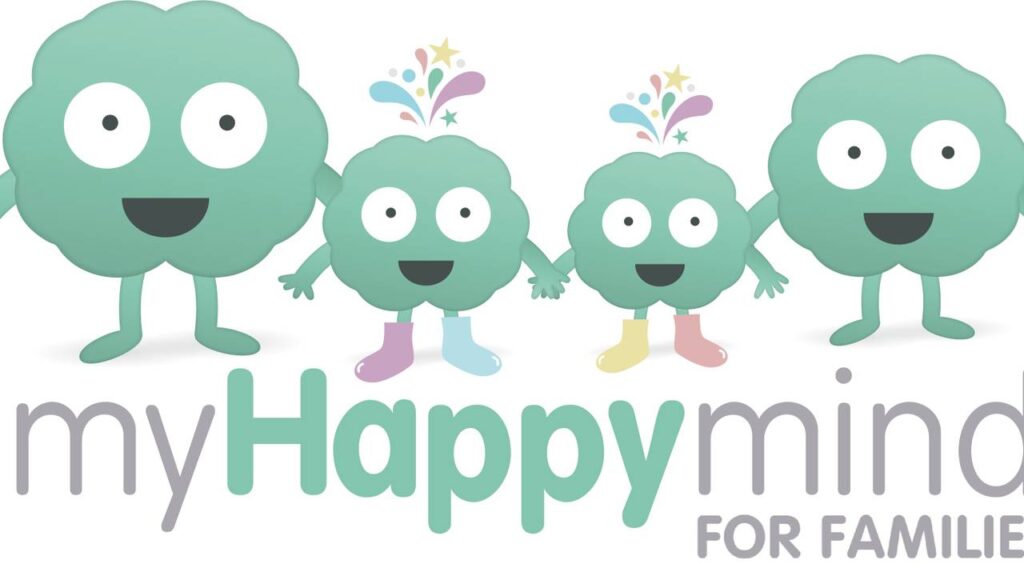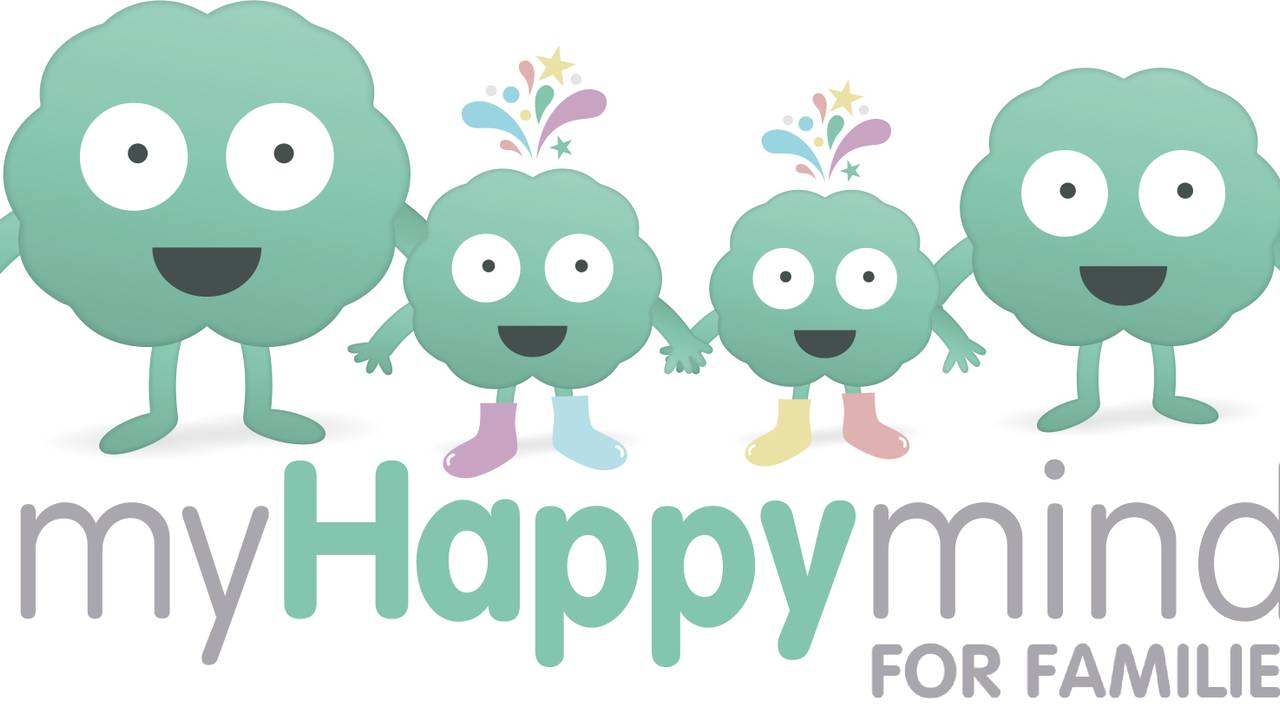
Mindful Parenting: Cultivating Presence and Connection with Your Child
In today’s fast-paced world, the art of mindful parenting is becoming increasingly crucial. It’s easy to get caught up in the daily grind, losing sight of the precious moments we share with our children. Mindful parenting encourages us to slow down, pay attention, and be fully present with our kids, fostering deeper connections and creating a more harmonious family environment. This article explores the principles of mindful parenting, its benefits, and practical strategies for incorporating mindfulness into your daily interactions with your child. It’s about moving away from reactive parenting and towards a more intentional, compassionate approach.
What is Mindful Parenting?
Mindful parenting is more than just a trend; it’s a conscious choice to approach parenting with awareness and intention. It involves paying attention to your thoughts, feelings, and bodily sensations in the present moment, without judgment. This awareness allows you to respond to your child’s needs with greater empathy and understanding, rather than reacting out of habit or frustration. It’s about being present, not perfect.
Think of it this way: imagine your child is having a tantrum in the grocery store. A reactive parent might yell, threaten, or give in to the demands just to stop the scene. A mindful parent, on the other hand, would take a deep breath, acknowledge their own frustration, and then try to understand the root of their child’s distress. Are they tired? Hungry? Overwhelmed? By being present and attuned to the child’s needs, the mindful parent can respond in a more compassionate and effective way.
The Benefits of Mindful Parenting
The advantages of adopting a mindful parenting approach extend far beyond just managing tantrums. It positively impacts both the parent and the child in numerous ways:
- Reduced Stress and Anxiety: By focusing on the present moment, parents can reduce their overall stress levels and anxiety, leading to a calmer and more peaceful home environment.
- Improved Emotional Regulation: Mindful parenting helps children learn to regulate their emotions by providing them with a safe and supportive space to express their feelings. When parents model emotional regulation, children learn to do the same.
- Stronger Parent-Child Bond: Being present and attuned to your child’s needs fosters a deeper connection and strengthens the parent-child bond. This secure attachment provides a foundation for healthy development and well-being.
- Enhanced Communication: Mindful parenting encourages active listening and clear communication, leading to more effective and meaningful interactions with your child.
- Increased Empathy and Compassion: By practicing mindfulness, parents develop greater empathy and compassion for themselves and their children, fostering a more understanding and supportive family dynamic.
- Better Problem-Solving Skills: When parents are present and calm, they are better able to approach challenges and problem-solve effectively, teaching their children valuable life skills.
Practical Strategies for Incorporating Mindful Parenting
Integrating mindful parenting into your daily life doesn’t require a complete overhaul of your parenting style. It’s about making small, intentional changes that gradually shift your mindset and behavior. Here are some practical strategies to get you started:
Practice Mindfulness Yourself
The foundation of mindful parenting is your own mindfulness practice. You can’t effectively teach your child to be present if you’re constantly distracted and stressed. Start by incorporating simple mindfulness exercises into your daily routine, such as:
- Meditation: Even just 5-10 minutes of daily meditation can significantly reduce stress and improve your ability to focus. There are numerous apps and online resources available to guide you.
- Deep Breathing Exercises: When you feel overwhelmed or stressed, take a few deep breaths to calm your nervous system. Inhale deeply through your nose, hold for a few seconds, and exhale slowly through your mouth.
- Mindful Walking: Pay attention to the sensations of your feet on the ground as you walk. Notice the sights, sounds, and smells around you.
- Body Scan Meditation: Lie down and bring your attention to different parts of your body, noticing any sensations without judgment.
Be Present During Interactions with Your Child
Put away your phone, turn off the TV, and give your child your undivided attention when you’re interacting with them. Make eye contact, listen actively, and truly be present in the moment. This simple act can make a huge difference in your child’s sense of being seen and heard.
For example, when your child is telling you about their day, resist the urge to interrupt or offer advice. Just listen attentively and show genuine interest in what they have to say. [See also: Active Listening Techniques for Parents]
Practice Empathy and Compassion
Try to see the world from your child’s perspective and understand their feelings, even if you don’t agree with their behavior. Respond with empathy and compassion, rather than judgment or criticism. This helps your child feel understood and supported, fostering a stronger sense of connection.
Instead of saying, “Stop crying, it’s not a big deal,” try saying, “I can see that you’re feeling really sad right now. It’s okay to feel sad.”
Teach Your Child Mindfulness Techniques
Introduce your child to simple mindfulness techniques, such as deep breathing exercises or guided meditations. You can find age-appropriate resources online or create your own activities. Make it fun and engaging for them.
For younger children, try a “belly breathing” exercise where they imagine their tummy is a balloon that fills up with air when they inhale and deflates when they exhale. For older children, you can explore guided meditations specifically designed for kids.
Model Mindful Behavior
Children learn by observing their parents. If you want your child to be mindful, you need to model mindful behavior yourself. This means being aware of your own thoughts, feelings, and actions, and responding to situations with calmness and intention. When you make a mistake, acknowledge it and apologize. This demonstrates to your child that it’s okay to be imperfect and that learning from mistakes is part of life. Mindful parenting is a journey, not a destination.
Create a Calm and Peaceful Home Environment
Minimize distractions, such as excessive screen time and noise, and create a space where your child can relax and unwind. Establish routines and rituals that promote calmness and predictability, such as a bedtime routine that includes reading and quiet time. A calm environment supports mindful parenting.
Practice Self-Compassion
Parenting is challenging, and it’s easy to be hard on yourself when you make mistakes. Remember to practice self-compassion and treat yourself with the same kindness and understanding that you would offer to your child. Acknowledge your imperfections and forgive yourself for your mistakes. [See also: The Importance of Self-Care for Parents]
Overcoming Challenges in Mindful Parenting
Implementing mindful parenting isn’t always easy. There will be times when you feel overwhelmed, stressed, and tempted to revert to old habits. Here are some common challenges and strategies for overcoming them:
- Lack of Time: It can be difficult to find time for mindfulness practices when you’re already juggling multiple responsibilities. Start small and gradually incorporate mindfulness into your daily routine. Even just a few minutes of deep breathing or meditation can make a difference.
- Perfectionism: Striving for perfection can sabotage your efforts to be a mindful parent. Remember that it’s okay to make mistakes and that learning from those mistakes is part of the process. Focus on progress, not perfection.
- Emotional Triggers: Certain situations or behaviors may trigger strong emotional reactions in you, making it difficult to respond mindfully. Identify your triggers and develop strategies for managing them, such as taking a break or practicing deep breathing.
- Resistance from Your Child: Your child may resist your efforts to introduce mindfulness techniques. Be patient and understanding, and try to make it fun and engaging for them.
The Long-Term Impact of Mindful Parenting
The benefits of mindful parenting extend far beyond the immediate moment. By cultivating presence, connection, and compassion in your parenting, you are setting the stage for your child to develop into a well-adjusted, resilient, and emotionally intelligent individual. Mindful parenting helps children develop a strong sense of self-awareness, empathy, and compassion, which are essential for navigating the challenges of life. It also fosters a secure attachment between parent and child, providing a foundation for healthy relationships and well-being throughout their lives. It truly is an investment in your child’s future.
Conclusion
Mindful parenting is a powerful approach that can transform your relationship with your child and create a more harmonious family environment. By cultivating presence, connection, and compassion, you can respond to your child’s needs with greater empathy and understanding, fostering deeper bonds and promoting their overall well-being. It’s a journey that requires patience, self-compassion, and a willingness to learn and grow. Embrace the practice of mindful parenting, and you’ll discover a more fulfilling and meaningful experience of parenthood. Remember to be present, be patient, and be kind to yourself and your child. The rewards are immeasurable. This approach to parenting is not just about raising children; it’s about growing together as a family.

